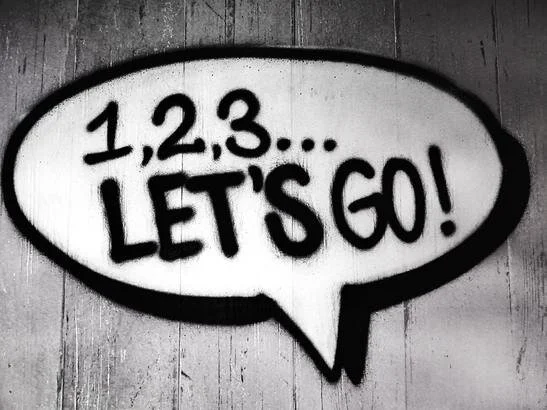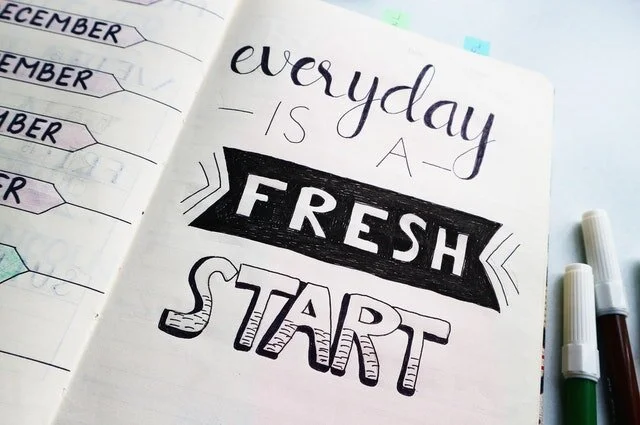Accepting Feedback Gracefully
Feedback. Constructive criticism. Whatever you call it, it’s vital to continued growth and improvement. While nobody enjoys hearing about their weaknesses, or perceived flaws, feedback is truly a gift, because it allows you to examine your work from an outside perspective. It can shed light into blindspots and unearth vital elements that would have otherwise gone unseen, and therefore, unimproved.
Feedback. We know it’s important, but accepting it, and trusting the source, is easier said than done. I previously wrote about how growing up as an athlete helped me to develop a growth mindset that has helped me tremendously in my professional career. In addition to the growth mindset, another important skill that athletes develop is the ability to be coached. As an athlete, if you are not coachable, you are going to have a more difficult time reaching your full potential. The same can be said for professional development, perhaps even moreso. If you are unable to receive and examine feedback from a client, mentor, or colleague, you will assume a number of risks including, career stagnation, producing an irrelevant deliverable, or even alienating people in your network.
So how does one get comfortable accepting feedback? Here are a few tips to get started:
Stay Humble: The importance of maintaining humility is something that I’ve touched upon a few times, but it really is key to personal and professional growth. To elevate your skills, you’ve got to accept that you do not know everything and others can provide you with helpful guidance and information. It’s important to spend time listening to others and get comfortable asking for help when you need it. To take it a step further, asking for feedback when you think you’ve nailed a project is even better!
There is always room for improvement, so why not ask what you can do to take your work to the next level? To glean insight into future improvements, you may want to ask the client, or a colleague, what resonated with them, what they would like to see more of, or if they see any gaps in what you’ve produced. The more you integrate seeking feedback into your process, the more natural, and less personal, it will feel to receive feedback. After all, the ultimate goal is to incorporate the feedback into your work, which will lead to improvements and a more valuable output.
Consider the Source: While it’s important to listen to those around you, and consider the feedback that they provide, you should consider the source before applying recommendations. If the person is a stakeholder, an expert in the industry, or someone who has similar, or more extensive, life or career experiences, then you should feel comfortable about taking their perspective into account and testing their recommendations moving forward. On the other hand, if someone with a lack of depth or experience in a given area is offering constructive criticism, it may be best to take that advice with a grain of salt.
As the brilliant Brené Brown said, “For me, if you’re not in the arena getting your ass kicked, I’m not interested in your feedback.”
Take Time to Reflect and Process: There will be times when you receive feedback that may sting a little bit, or even, hit you like a ton of bricks. We’re not always in the right emotional state to accept feedback, and that doesn’t make you arrogant or uncooperative; it makes you human. I once heard that in some instances, especially in highly charged emotional situations, your first reaction may not reflect your true feelings. In these cases, when you are feeling extremely tense, frustrated, or discouraged, stepping away to process and decompress can be necessary. You don’t always need to give a reaction, or response, in real-time. It’s perfectly fine to thank someone for their feedback, to table the discussion for a bit, and regroup after emotions have setted.
Like any muscle, learning how to receive feedback can take practice, but after time, it will begin to feel like a natural part of the process.








